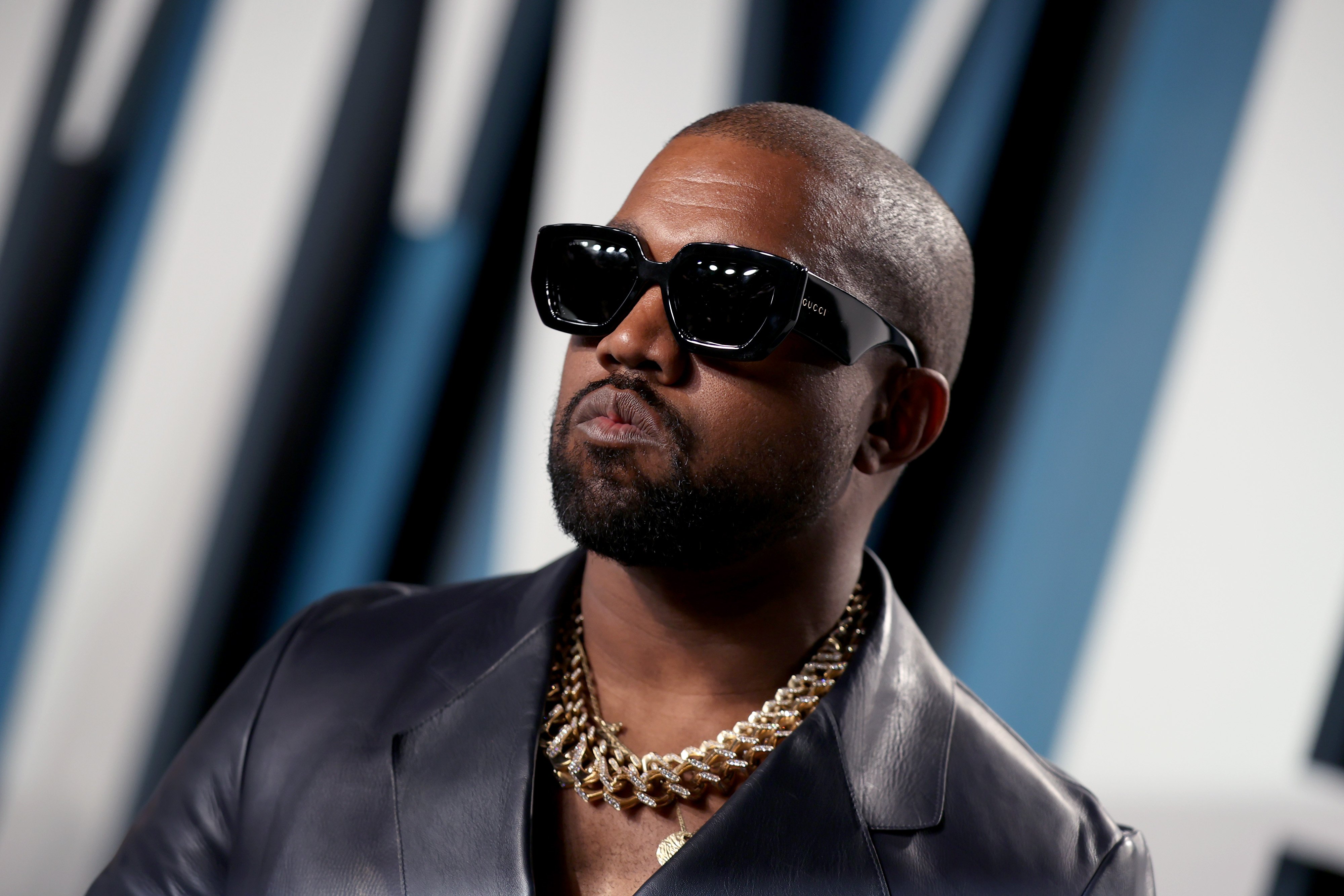Both Kanye West and Lil Wayne Crossed the Line With Their Emmett Till Lyrics
Rap has long been a site of historical reflection and deep consideration of the legacy of Black America. Often, the lyrics of these musical explorations of tense moments have led to public outcry — and even banned songs. Most of the time, though, these criticisms come from conservative perspectives who see pop culture commentary on things like police brutality or systemic racism as a threat to the status quo.
Occasionally, however, rappers face criticism over their lyrics from a different set of critics. Rather than claiming that the artists have gone too far in their political commentary, these critics instead believe that the rappers have turned to political moments of crisis in an overly superficial way. Making reference to some of America’s most challenging and heart-wrenching times in off-hand or comical ways has certainly left some artists facing criticism from all sides.
Both Kanye West and Lil Wayne faced these kinds of scathing critiques when fans thought they went too far with lyrics referencing a slain figure of the Civil Rights movement.
Kanye West’s song “Through the Wire” included controversial lyrics
West is no stranger to controversy. In fact, it’s kind of a signature of his entire public persona. From the time he claimed that George Bush didn’t care about Black people on live TV to the time that he declared himself a god, West seems to have no qualms about making people angry.
Perhaps this should come as no surprise. Even in his earliest rise to fame, he was turning to controversial lyrics in order to make his point. As Song Facts explains, West’s song “Through the Wire” — which appeared on his 2004 debut album — was an autobiographical tale of his own harrowing car accident. He recorded the song two weeks later while his jaw was still wired shut, and the single certainly showcases the pain, relief, and existential reflection brought on with such a near-death experience.
It also used a questionable reference to Emmett Till — a 14-year-old Black boy who was brutally murdered in 1955 in Mississippi after allegedly whistling at a white woman. The photos of his distorted face following the murder became national headlines and a flashpoint in the Civil Rights movement.
In “Through the Wire,” West makes irreverent reference to the slain child by rapping “And just imagine how my girl feel/On the plane, scared as hell that her guy look like Emmett Till.”
Lil Wayne referenced Emmett Till in “Karate Chop” remix
West is not alone in his use of Till’s name for a quick rhyme without much consideration for the weight of the topic. Arguably, Lil Wayne’s reference to Till is even more offensive as it specifically notes the violent way he died.
In a leaked version of the remix for “Karate Chop,” Lil Wayne raps that he would “beat that [expletive] up like Emmett Till,” according to the Washington Post. Outcry followed, and efforts were made to scrub the internet of any recordings of this version. Black activists — and Till’s own family members — led the charge for an apology.
Apologies followed for some inappropriate lyrics

Lil Wayne did come forward to express remorse for his lyrics. As Rolling Stone reports, he wrote in part, “Moving forward, I will not use or reference Emmett Till or the Till family in my music, especially in an inappropriate manner. I fully support Epic Record’s decision to take down the unauthorized version of the song and to not include the reference in the version that went to retail.”
As The Independent reports, Lil Wayne lost a partnership deal with Pepsi following his lyrics about Till, and perhaps that economic pressure helped hasten an apology. When J Cole used “autistic, retarded” as a slur for his rivals, he also issued a public apology. Likewise, Rick Ross quickly issued an apology for lyrics that seemed to support date rape.
Not all offensive lyrics are met with such ownership of responsibility, however. West refused to issue an apology when Parkinson’s disease advocates took issue with his lyrics on the Yeezus album. Robin Thicke, for his part, called outrage over his “Blurred Lines” lyrics — which many say support sexual assault — “ridiculous.”


